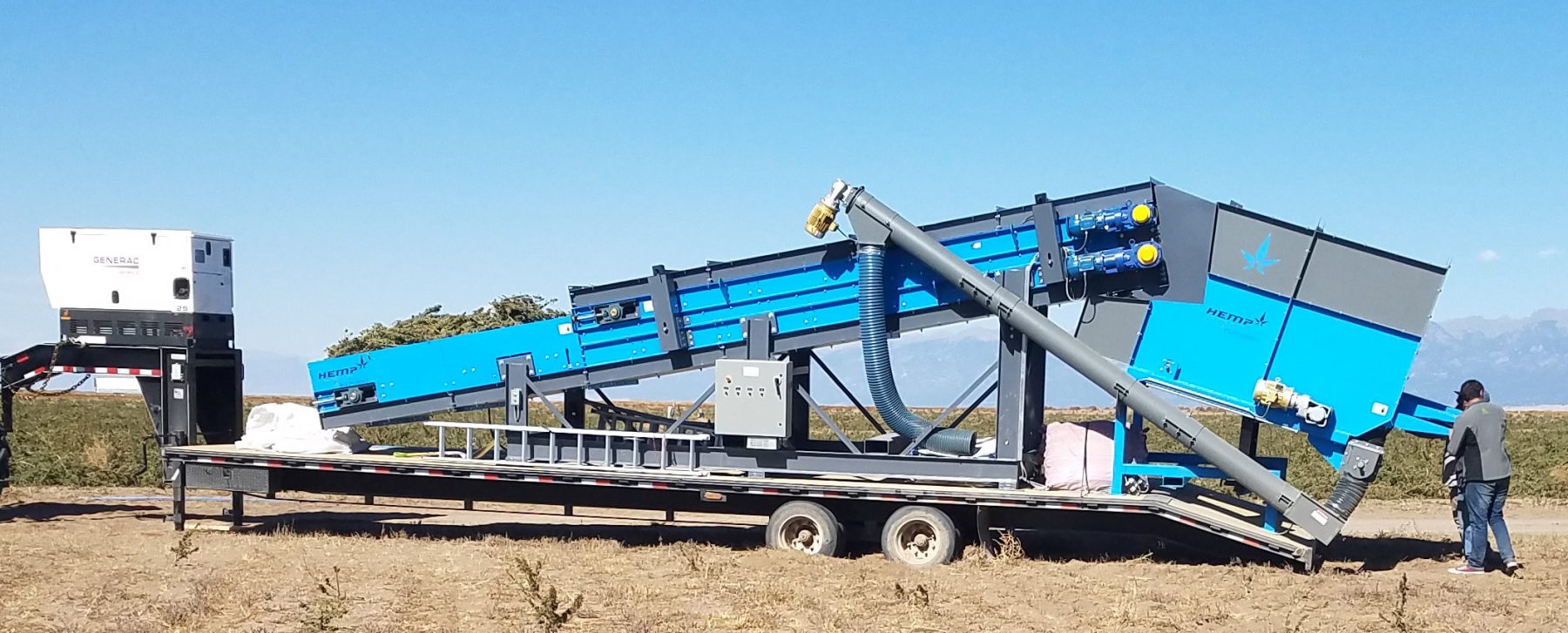
Governments can play a crucial role in facilitating the growth and development of the hemp industry by implementing supportive policies and regulations. Here are some key measures that governments can take to foster a thriving hemp sector:
- Legalization and Regulatory Framework: Establish clear and comprehensive legal frameworks that permit the cultivation, processing, and sale of hemp products, ensuring compliance with safety standards and protecting consumer interests.
- Research and Development Funding: Support research and development initiatives focused on enhancing hemp cultivation practices, extracting new compounds from hemp, and developing innovative hemp-based products.
- Incentivized Cultivation: Implement incentives, such as tax breaks or subsidies, to encourage farmers to switch to hemp cultivation, promoting the diversification of agricultural production and creating new economic opportunities.
- Infrastructure Development: Invest in infrastructure development, such as processing facilities and testing laboratories, to support the growth of the hemp industry and ensure the availability of essential resources for hemp-based businesses.
- Educational Programs: Support educational programs and training initiatives to equip individuals with the knowledge and skills required to work in the hemp industry, creating a skilled workforce to meet the growing demand for hemp products and services.
- Fair Trade Practices: Promote fair trade practices within the hemp industry, ensuring that farmers and workers receive fair compensation for their contributions and that sustainable practices are upheld throughout the supply chain.
- Public Awareness Campaigns: Launch public awareness campaigns to educate the public about the benefits and potential of hemp, dispelling myths and misconceptions, and fostering a positive perception of hemp-based products.
- International Cooperation: Collaborate with other governments and international organizations to establish global standards for hemp cultivation, processing, and product safety, promoting harmonized regulations and facilitating international trade in hemp products.
- Support for Small Businesses: Provide financial assistance and business development support to small and medium-sized enterprises (SMEs) operating in the hemp industry, helping them navigate regulatory requirements and access capital for growth.
- Community Engagement: Engage with local communities and indigenous groups involved in hemp cultivation to understand their needs and aspirations, ensuring that the growth of the hemp industry benefits local communities and preserves traditional practices.

